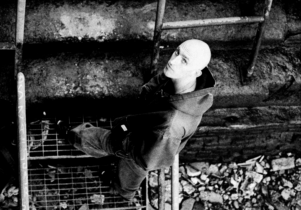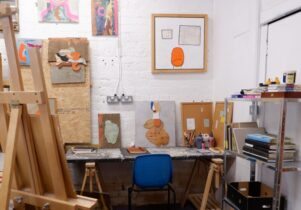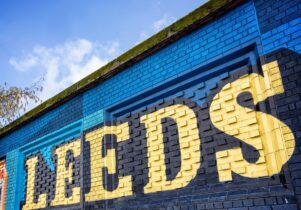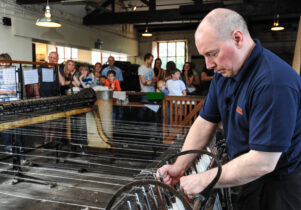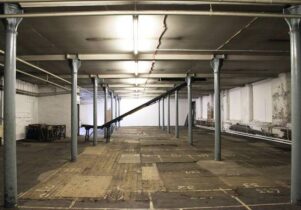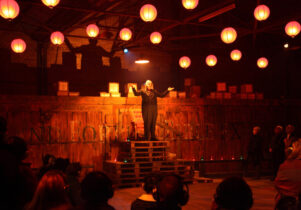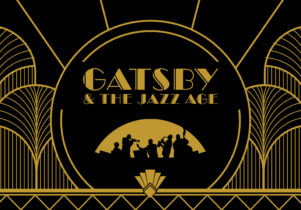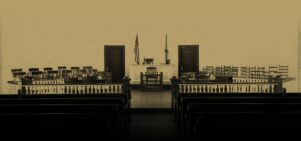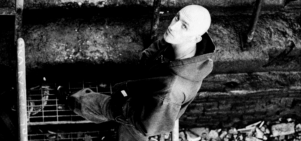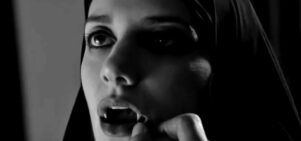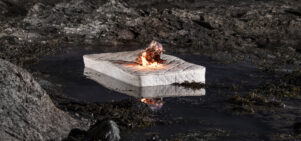DIIV at Project House
Johnny James, Managing EditorBook now
DIIV
Always double check opening hours with the venue before making a special visit.
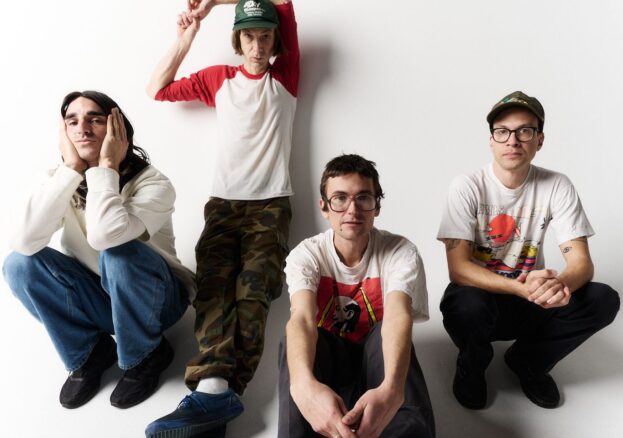
Emerging from a four-year crucible of creative tension and personal reckoning, Brooklyn shoegazers DIIV returned last spring with Frog in Boiling Water – their most immersive, unflinching work to date. As they gear up for a rare Leeds appearance at Headrow House, they bring with them the sound of collapse, made beautiful.
That beauty comes hard-won. This is the first record DIIV wrote as a democracy – a shift that nearly tore them apart. Press materials mention “suspicions and resentments, bruised egos and anxious questions.” Frontman Zachary Cole Smith’s well-documented addiction struggles have long shadowed the band, but that doesn’t seem to be crux of this particular crisis. Frog’s deeper tension lies in the new, shared creative process – “a journey that left their relationships with one another fraying, with the many complex dynamics of family, friendship and finances entangled.”
It doesn’t sound very fun being in DIIV, does it? And Frog in Boiling Water isn’t exactly a fun album – but it is a consistently great one.
The title references ‘The Boiling Frog’ parable from Daniel Quinn’s The Story of B, which the band describe like this: “If you drop a frog in a pot of boiling water, it will of course frantically try to clamber out. But if you place it gently in a pot of tepid water and turn the heat on low, the frog will sink into a tranquil stupor… and before long, with a smile on its face, it will unresistingly allow itself to be boiled to death. We understand the metaphor to be one about a slow, sick, and overwhelmingly banal collapse of society under end-stage capitalism”.
The album offers snapshots of that condition – not just what it looks like, but how it feels. There are standout lines (“Hope is just a chemical I balance with a pill”), but more often, the lyrics don’t explain. They carry more mood than message. Simple, bleak phrases drift through the fog of reverb, wrapped in beautiful harmonies. “I want to disappear.” “The world just fades to black.” It’s not about cleverness. It’s about atmosphere. This is a shoegaze record, after all.
There’s post-grunge grit and dream-pop lushness too, drawing heavily on early ’90s DNA – Siamese Dream, In Utero, Slowdive, My Bloody Valentine, even Elliott Smith. But within that nostalgic haze is some sharp instrumental writing. Andrew Bailey’s guitar hooks favour simple ideas with muscle, and on ‘Raining On Your Pillow’, his circling riff leans hard into the record’s frog-in-the-pot claustrophobia. On the murky ‘Soul-Net’, things get darker, painting, in no uncertain terms, the internet-age as a prison. And there’s no release; the minor key just tightens its grip – choking the breath out of Smith’s voice.
‘Brown Paper Bag’ might be the album’s most impactful moment. It’s a woozy, slow-motion spiral of a song that stumbles into being like a daydream. The guitars fizz and bend around the beat, and the lyrics are among the bleakest DIIV have penned: flatly nihilistic, almost sarcastic – “I know how it ends / the world just fades to black.” But the wall of sound beneath is so cathartic it somehow feels… uplifting. And then comes the outro – a towering instrumental swell built around another of Andrew Bailey’s signature circling guitar riffs. It’s up there, maybe exceeding, anything they’ve released.
Turns out democracy works.
The album’s as raw and as fragile as the band itself seems to be, and Headrow House is a rare chance to see that intensity up close. They haven’t played Leeds in nearly a decade – and after what this record took out of them, who’s to say when they will again.

